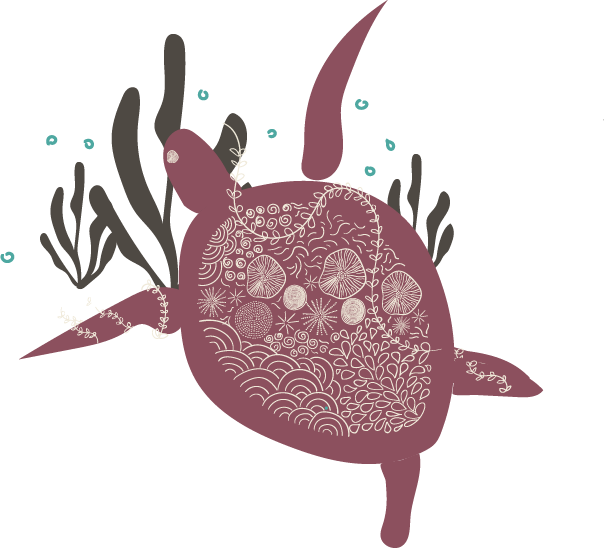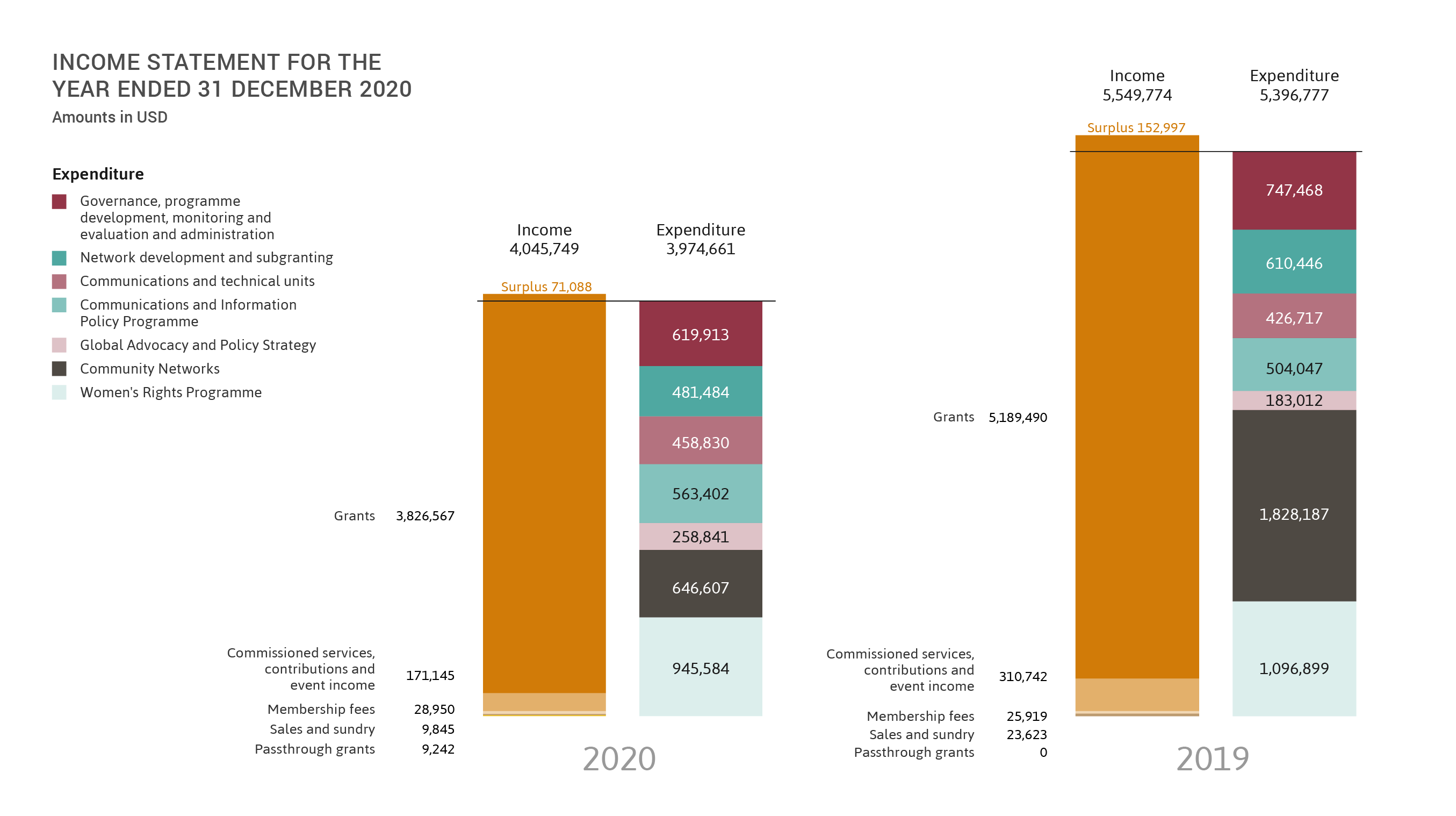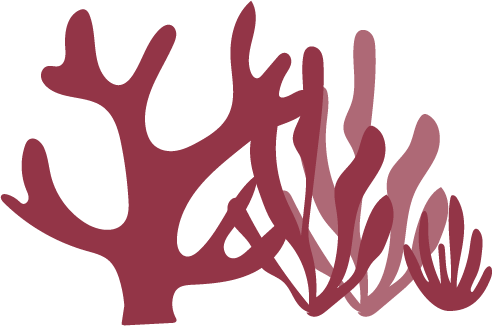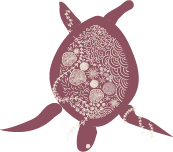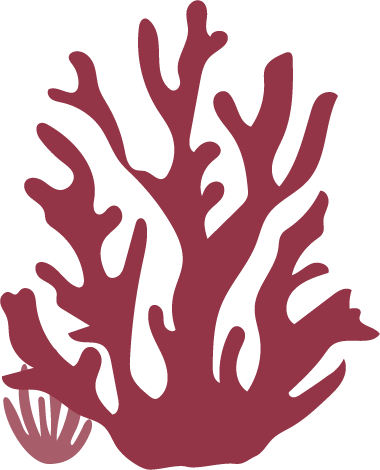In early February, information about the virus was only starting to emerge. With whatever news that we could lay our hands on, our team weighed our options. We felt that the risks at that time were still low and that we could mitigate them. We re-routed travel away from cities where there were outbreaks. We asked all staff to wear masks and keep a safe distance during their travel. More importantly, staff had the option to not travel to the staff meeting if they felt unsafe. In the end, everyone came together. It was a gift to have had two weeks of reflecting, planning and bonding together physically. (Even though we had heard that the first detected case of an infected tourist in the Philippines travelled through Cebu!)
By the time we were all back in our homes, the pandemic had taken hold. We had to push the reset button and adapt. And we did it with a very clear direction of how we were going to contribute to building an imperfect, but safer and connected space for our community.
We listened to context. Everyone’s experience of the pandemic was different and each one’s context was fluid and changed throughout the year. We made every effort to listen to how COVID-19 affected those we worked closely with. Their stories shaped how APC responded to the pandemic. Closer than ever: Keeping our movements connected and inclusive became both our call and strategy.
We prioritised care. We learned what care meant for every one of us – staff, members and partners. We changed our plans to make sure that we did not put anyone in harm’s way. By late March, we paused all travel for work. By April, we moved all of our activities online and made resources available so people could get connected safely. We reached out to our partners and donors who, like us, were figuring out how to adjust and adapt. We allowed ourselves the time and resources we needed to care for ourselves, our families and our communities.
We nurtured connections. Keeping connected with one another at a time when many of us were confined in our homes kept the APC network together. When all of our work moved online and digital became our way of life, we dug deep into APC’s 30 years of being a virtual organisation. We updated and republished “Closer than ever”, a guide for social change organisations working online. We knew from experience that connections online need to be anchored in building relationships, in addition to information that helps organisations in their technology choices. This past year, we’ve talked to and learned from many activists and organisations. We are now self-hosting free/libre and open source software (FLOSS) platforms and tools which we share with the APC community.
We fostered our community. The APC network was our most valuable resource in responding to the challenges of the pandemic. Throughout the year, we increased support to members and partners responding to the pandemic at the local level through grants, by sharing strategies and forming collaborations. We kept our focus tightly on amplifying community voices, sharing resources and building each other’s capacity in defending the erosion of rights during the pandemic.
The most important moment for the APC network in 2020 was the celebration of our 30th anniversary. The challenging circumstances of the pandemic meant that we had to rethink how we gathered for our triennial global member convening. We celebrated three decades of resistance, transformation, solidarity and diversity by holding our convening remotely in real time through a self-hosted FLOSS meeting platform. The member convening was immensely rich in terms of the abundance of meetings and sessions and diverse in terms of technology used. APC created a shared space which provided various possibilities for personal interaction, exchange and learning. There was music, dance, poetry, body work and games that brought lightness and care.
In a year where we all experienced pain, grief and loss, our shared commitment to change is what kept us together.
The stories in this annual report demonstrate the determination, resilience and creativity of the APC network.

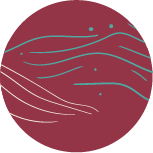


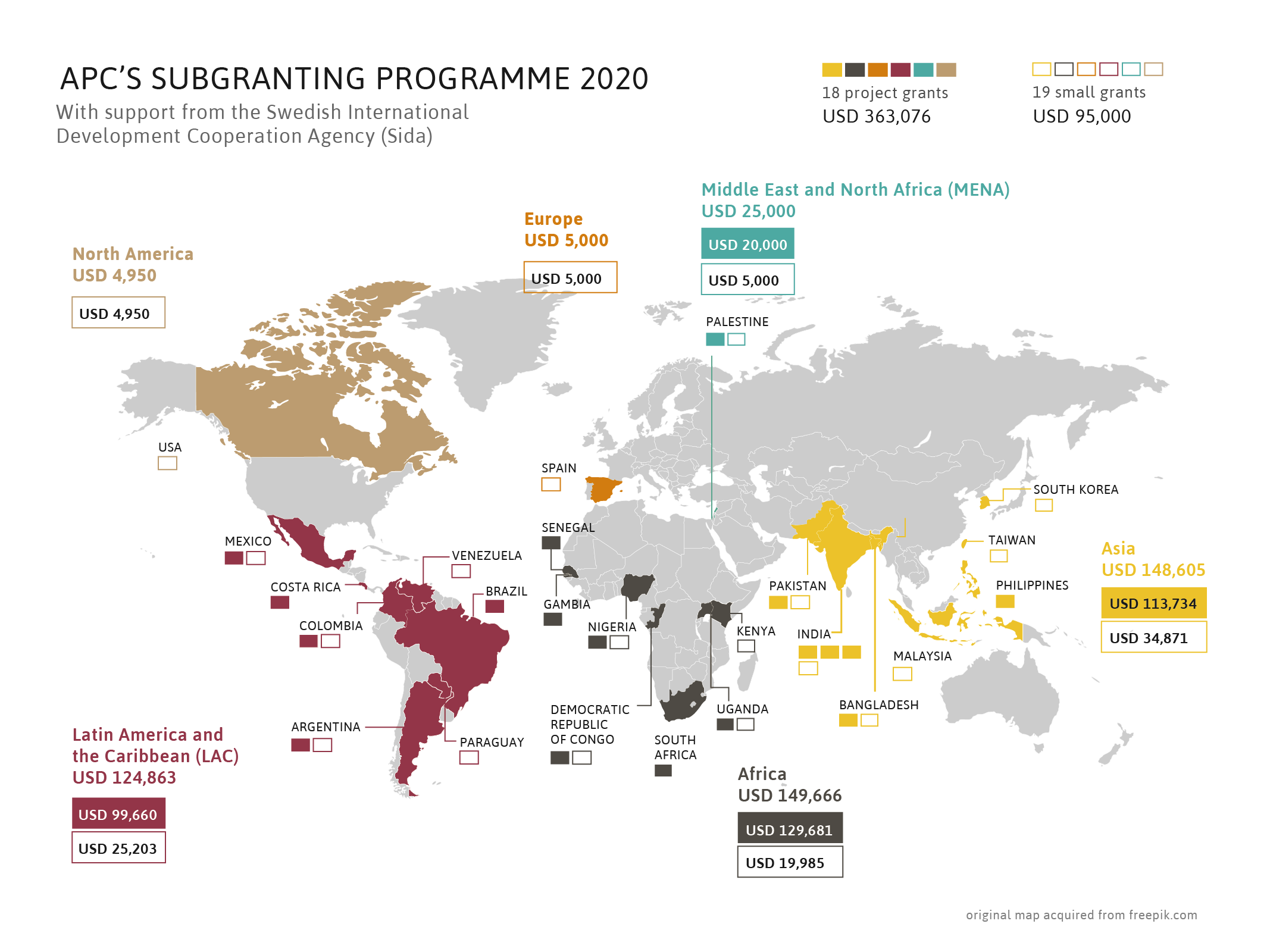

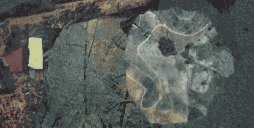


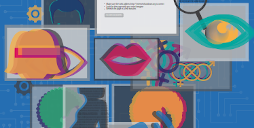
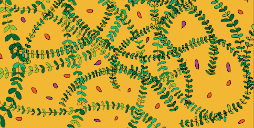
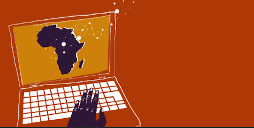
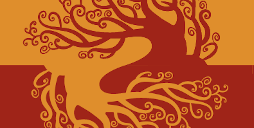


 Organizational members
Organizational members
 Individual members
Individual members
